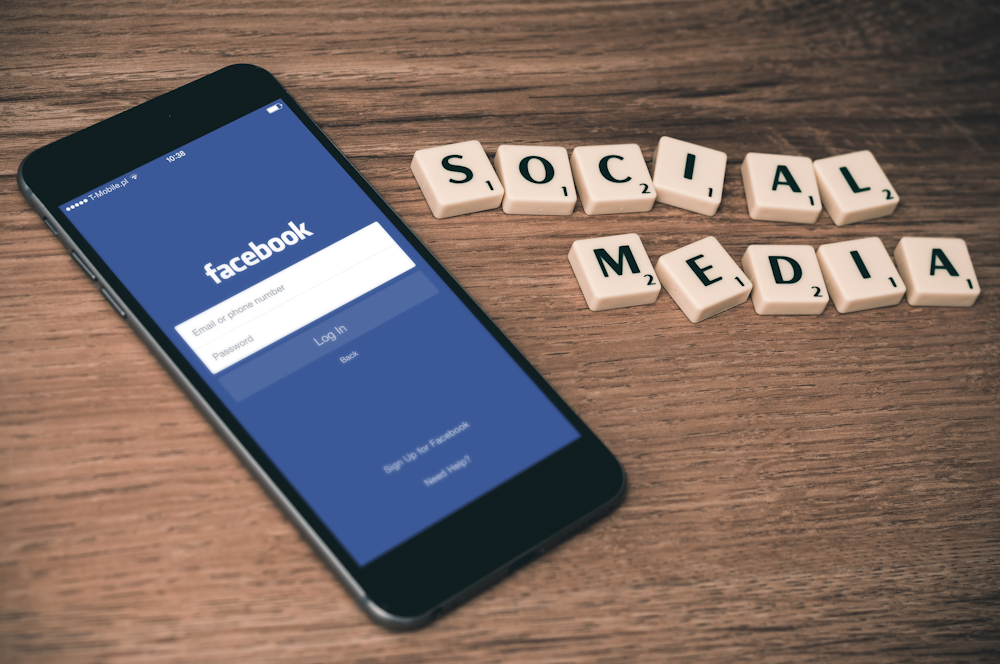
The human being is curious by nature. In the digital communication era, we as a global population have become extremely obsessive in demanding free-of-charge information, delivered in real-time. We nourish data every day. However, nothing is free in life.
Internet privacy or online privacy is becoming a growing concern these days for users of all ages, all around the world. As the Internet continues to evolve, and the number of websites, online products, services, and special applications continues to expand, the full range of potential internet privacy issues grows exponentially. Ironically, people continue to daily share their personal lives on social media, losing the boundaries of how much they are exposing themselves.
There are millions of Internet users connected at the same time, all over the globe. Interconnectivity has brought incredible benefits to the world today. However, you don’t know who you might trigger online, and that’s when keeping vital, personal information private, is essential. We need to safeguard personal information such as financial data, medical records, home addresses, social security numbers, phone numbers, and much more, from being used against us or in a wrong way.
With the Facebooks outage on 6 October 2021 which caused all its other platforms including WhatsApp and Instagram to be down this brings me onto a matter of how much can we trust using these apps? Below is a scandal reported by the Independent news outlet, which outlines the ins and outs of what Facebook has been caught doing with our data which is selling it on to analytic companies for their benefit. According to reports from the Independent, The US Federal Trade Commission (FTC) has approved a roughly $5bn (£4bn) settlement with Facebook over its investigation into the social media company’s handling of user data, according to reports.
The FTC has been investigating allegations Facebook inappropriately shared information belonging to 87 million users with the now-defunct British political consulting firm Cambridge Analytica. Along with this previous scandal flying around, a whistleblower who had worked at Facebook as Facebook’s product manager who worked on civic integrity issues at the company says the documents show that Facebook knows its platforms are used to spread hate, violence and misinformation and that the company has tried to hide that evidence.
Do you think these apps really have our greatest concerns on their heads?
Unfortunately, the majority don’t as quote below the main aim for them is profits and data as this is what keeps them running, however, is it understandable at our expense? Not at all our data privacy and what we consume on these apps should be their main concerns. Quotes from the whistleblower below show their true colours.
“The thing I saw at Facebook over and over again was there were conflicts of interest between what was good for the public and what was good for Facebook, and Facebook over and over again chose to optimize for its own interests, like making more money,” Haugen told “60 Minutes.”
“60 Minutes” correspondent Scott Pelly quoted one internal Facebook document as saying: “We have evidence from a variety of sources that hate speech, divisive political speech and misinformation on Facebook and the family of apps are affecting societies around the world.”
Maybe you asking yourself so if an ex-employee has revealed all this why have law enforcement not stepped in? Well Haugen the whistleblower, filed at least eight complaints with the Securities and Exchange Commission alleging that the company is hiding research about its shortcomings from investors and the public. She also shared the documents with the Wall Street Journal, which published a multi-part investigation showing that Facebook was aware of problems with its apps, including the negative effects of misinformation and the harm caused, especially to young girls, by Instagram.
Social media is a big part of many teens’ lives. A 2018 Pew Research Centre survey of nearly 750 13- to 17-year-olds found that 45% are online almost constantly and 97% use a social media platform, such as YouTube, Facebook, Instagram or Snapchat.

But what impact does social media use have on teens?
Society nowadays cares so much about social media and it is very important for our younger generations who you will find competing with one another for followers, likes and something called clout which is slang for having influence or power, within popular cultures and people with more clout are seen as more popular and cool.
This has a huge effect on our society’s education and mental health. For example, even if you are simply consuming other peoples content you are wiring your brain to function off artificial dopamine, meaning things that cause our brain to produce natural dopamine will seem pointless to you such as eating healthy foods or exercising which is something as a society we are doing less of day by day.
Along with this young people spend a lot of time on social media preventing them from spending time doing more productive tasks. They’re also more susceptible to peer pressure, low self-esteem, and low confidence. A number of studies have found that the association between high social media usage with depression, anxiety, and poor sleeping patterns along with poor diets and suicidal risks.
In the light of this reality, we can see how important is to develop and support analog and traditional ways of communication and social interaction. We need human off-line contact. At the same time, it may seem like social media is portrayed as unhealthy for us, however, we believe with everything requires moderation and to be aware of when and if you are abusing social media, it is advised to keep an eye out for your screen hours on these apps which can now be tracked easily to control how much time you spend on social media along with necessary detoxing from it altogether.


Baucenter.ru
Great content! Keep up the good work!